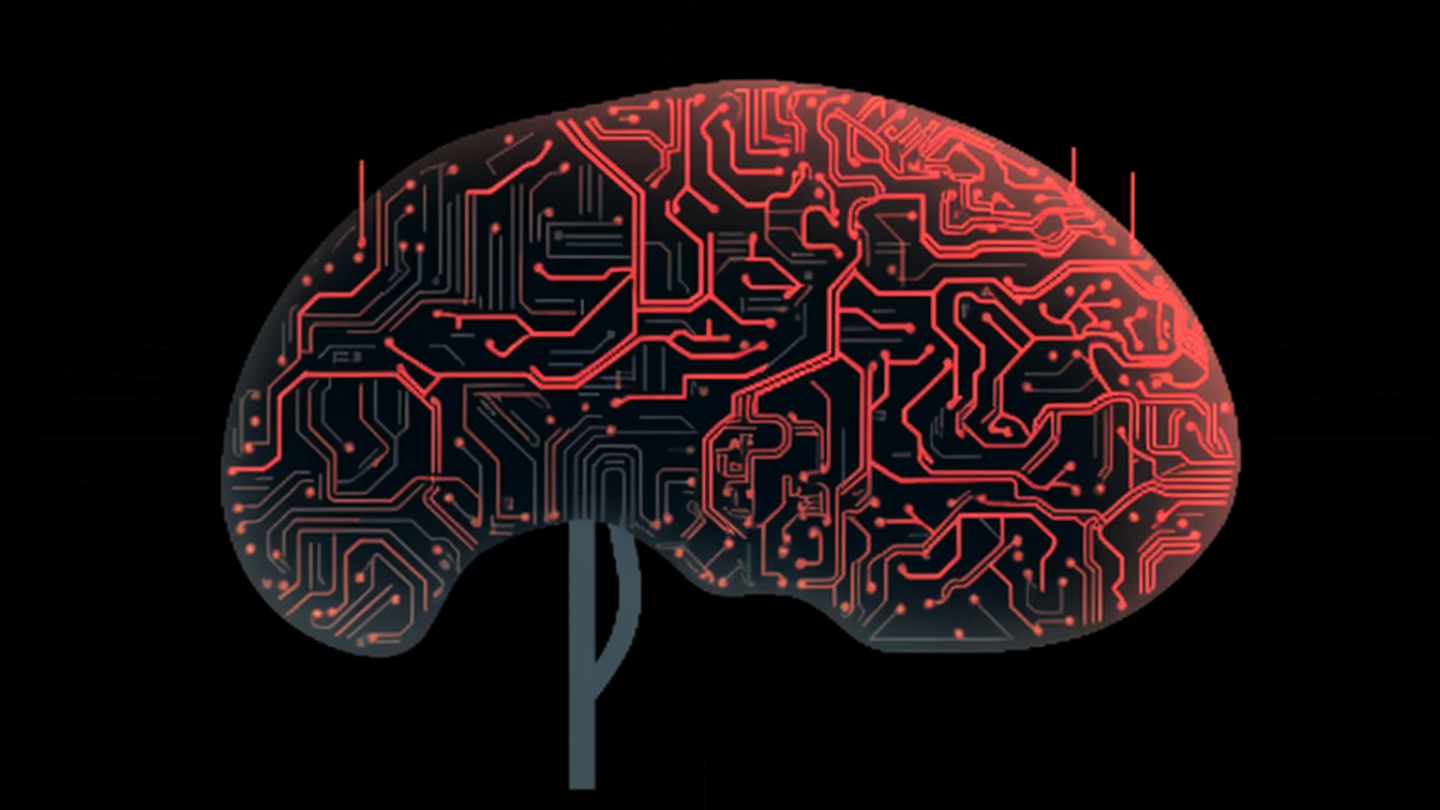The time is now for GenAI in product development
The Renaissance transformed the world culturally and economically. AI will do the same. There is no question that AI can make a big impact on product development and UX.
Early studies show massive productivity gains
In a controlled experiment conducted by Harvard Business School at BCG they found consultants had 33% higher productivity and achieved a 40% quality gain from GPT-4 compared to colleagues working without AI. Even among these elite knowledge workers, AI narrowed the difference between high and low performers. The biggest gains were made by the low performers.
Consider that the annual growth of labor productivity in the US is just 1.4% and in the EU it is only 0.8%. We are talking about potentially decades of acceleration, and that is before the technology gets really good.
Why now?
The numbers are impressive, but you may wonder, why now? AI has been around since the 1970s and started to reach more potential in the 1990s, with Deep Blue beating Kasparov in Chess in 1997.
In Sequoia Capital’s recent Ascent conference, they outlined the answer to the question – why now? For the past 60 years, the world of technology has been building up to this. From semiconductors, to systems, to networks, which gave ways to the internet and apps and eventually mobile. All of these layers culminate in finally allowing us to have the necessary infrastructure and data to truly harness the power of AI.
And companies have already taken advantage of AI before this rise in GenAI. Facebook and Amazon rely on AI to serve you better ads and get you to buy more stuff. YouTube and TikTok get you sucked endlessly into content through their algorithms, which also feed you relevant advertising.
As a result of all these layers, companies are generating far more revenue with far fewer employees:
And to me, this is where the power of AI really gets interesting. It is not inconceivable that there will be multiple $1bn companies with fewer than 10 employees.
Designing our future
I don’t think AI will replace humans. After all, as technologists, the computers work for us. And we get to design them how we see fit. It will enable us to be far more efficient. We will be able to “outsource” the boring parts of our work to the machines. It will free us up to do what we, as humans, do best: Being strategic. Connecting disparate ideas together. Being empathetic.
Today, there are many focused use cases where AI can play a valuable role in the product development process. I will share those in subsequent articles. But they are still somewhat niche and not going to deliver outsized returns.
In the long run though, I am encouraging our team to think big. Think of a world of abundance. What are the most boring parts of your job? What are things that computers would be better at than you?
And if you have answers to those questions, what are things you could implement today to help offload some of those responsibilities to the machines?
Can you think of any?








